Grease trap requirements in Maryland affect every food service establishment. By law, restaurants and commercial kitchens must install a device that intercepts fats, oils, and grease (FOG) before wastewater enters the sewer system. These devices are often called grease traps, but the term is misleading. Depending on the county, requirements may include grease interceptors, hydromechanical devices, or grease removal systems. All serve the same purpose, but the design and rules vary. EPA Guide to Fats, Oil, and Grease
Local Requirements in Maryland
Counties and municipalities across Maryland set their own standards for FOG control.
-
Strict requirements: Some counties mandate that all FOG-producing fixtures—sinks, dishwashers, mop sinks, and floor drains—connect to a 2,000-gallon underground exterior interceptor.
-
Flexible requirements: Others allow only sinks and dishwashers to connect to an interior hydromechanical unitnear the source.
-
Middle ground: A few jurisdictions accept either option as long as compliance is met.
Pro Tip: Always confirm requirements with your county health department before starting construction. Maryland Department of the Environment
Why Size Matters
Proper sizing is critical.
-
Undersized units: Too small, and grease slips through. This leads to sewer clogs, municipal fines, and costly cleanup.
-
Oversized units: Too large, and you pay more upfront, waste kitchen space, and face higher maintenance costs.
- Plumbing & Drainage Institute Standards
Plan Early, Save Money
Choosing the right device should happen in the early stages of site selection. The difference in cost between a 2,000-gallon underground unit and a smaller interior system is significant. Early planning avoids expensive surprises during construction. Commercial Kitchen Exhaust Systems
How Northstar Can Help
Northstar Commercial Construction has decades of experience with food service compliance. We guide you through:
-
FOG regulations by county
-
Sizing and equipment selection
-
Permitting and design
-
Full construction and installation
We help you stay compliant while saving time and money.
